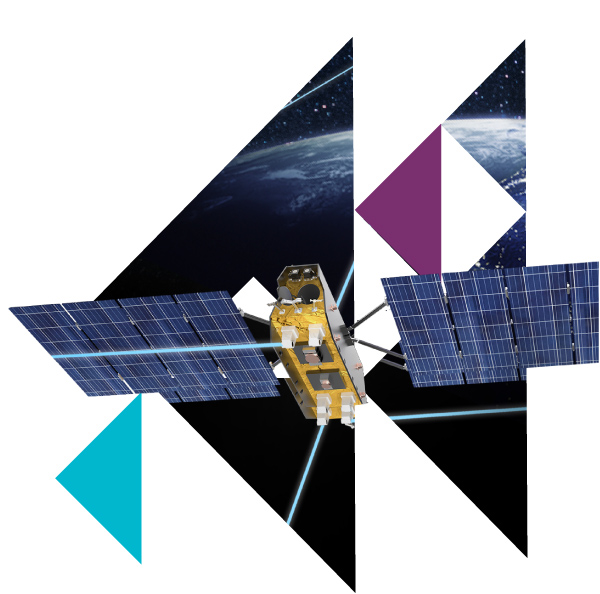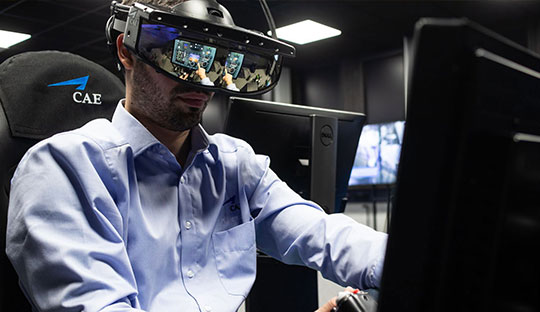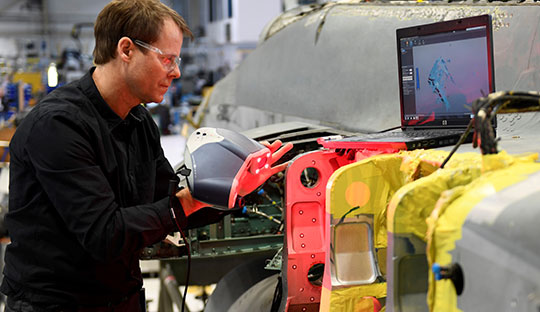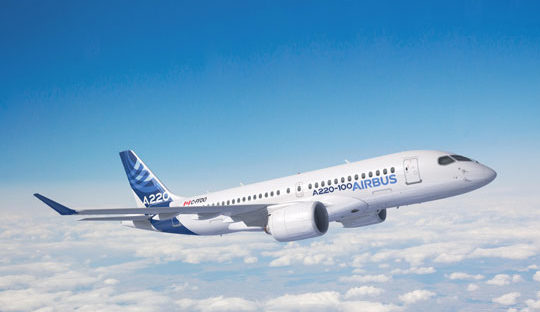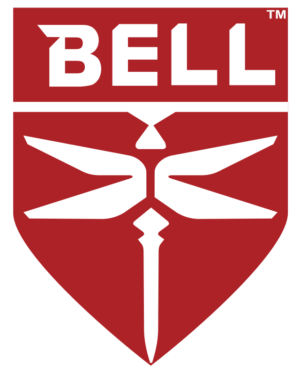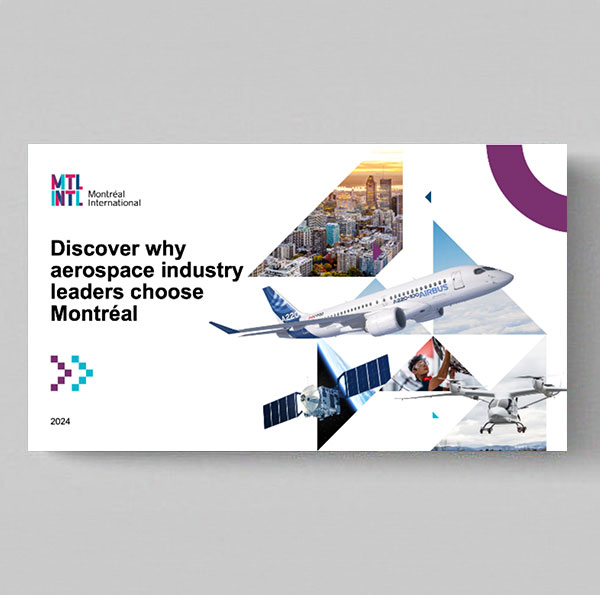In Montréal, we do more than design and manufacture commercial aircraft, business jets, helicopters, engines, and simulators. We also develop space technologies and solutions to decarbonize aviation and build tomorrow’s air mobility.
A complete ecosystem
Greater Montréal is one of the world’s largest aerospace hubs. With five prime OEMs and nearly fifteen world-class equipment manufacturers, the Montréal industry can rely on a vast network of subcontractors and suppliers specialized in several key sectors.
- A pool of highly skilled workers
- Direct access to international markets by virtue of free-trade agreements
- Generous fiscal incentives
- The most competitive operating costs among the 20 largest cities in Canada and the United States
- Specialized training programs in aerospace
The sector at a glance
A globally recognized certification capability
Aeronautical technologies approved every year by Transport Canada
Agreements with countries and entities, including the European Union, the United States and China
As a global aerospace hub and a major decision-making centre in civil aviation, with several specialized international organizations including ICAO and IATA, Greater Montréal is actively exploring solutions to decarbonize the air transport sector.
- Hybrid-electric engine development
- Battery manufacturing
- Smart and lightweight wing design
- Eco-navigation technologies
- Sustainable aviation fuels (SAF+)
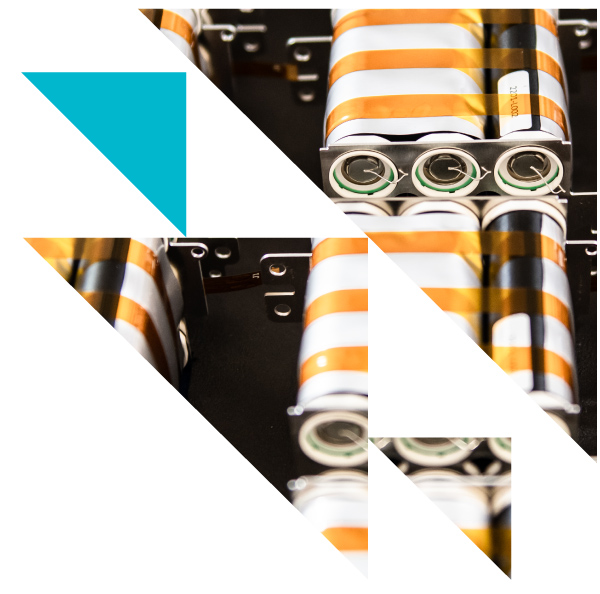
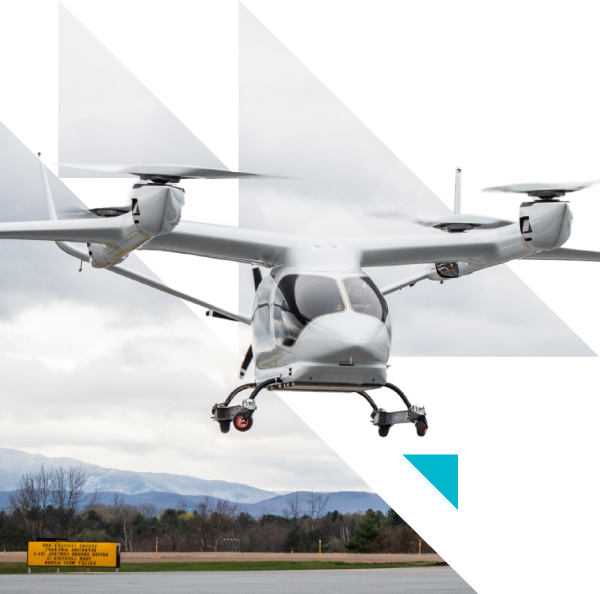
Montréal is at the forefront of research in urban and regional air transportation. Leaders such as Beta Technologies, Dufour Aerospace, Wisk Aero, and Jaunt Mobility are advancing the development of electric Vertical Takeoff and Landing (eVTOL) aircraft.
Additionally, the region has expertise in drones, autonomy technologies, as well as detection and avoidance systems.
Espace Aéro: The innovation zone of the future
Greater Montréal stakeholders in aerospace innovation are joining forces to accelerate the development of sustainable aviation and advanced air mobility.
Projects totaling $415 million have been announced, including a $240 million investment from Boeing.
- New aerospace development centre
- Air taxi development
- Landing gear R&D
- Hybrid and electric propulsion
- Next generation flight controls
- Innovative manufacturing
With its expertise in specialized areas such as space robotics, satellite operations, optics, photonics, and artificial intelligence, Greater Montréal supports the space industry and major international projects like the future Gateway lunar station.
Over one hundred Montréal-based companies are active in this sector, including Telesat, MDA, and ABB. The presence of the Canadian Space Agency in the city helps to drive the industry.
